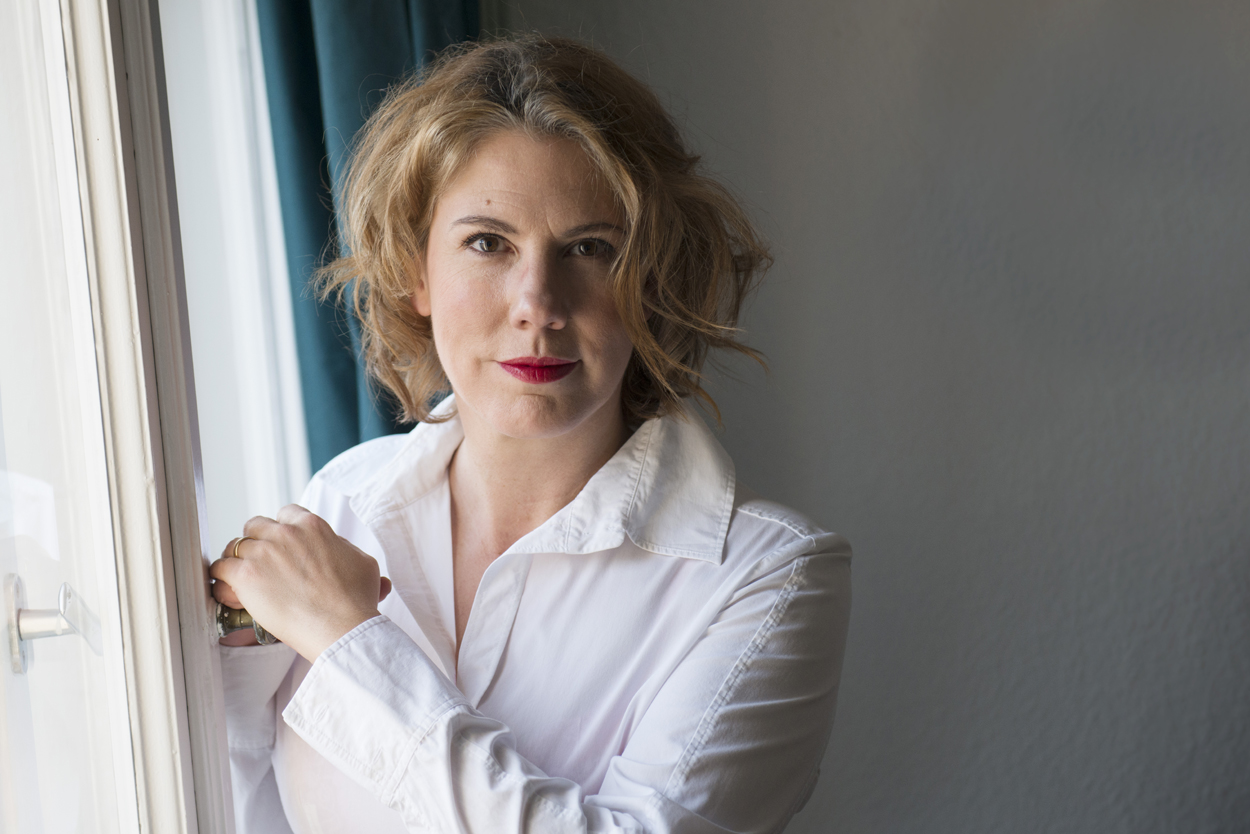In the interview with medienpolitik.net Nina George stresses the importance for a strong implementation of Articles 18-22 of the DSM Directive on Copyright
On the occasion of World Book Day (23 April) and Copyright and Intellectual Property Day on 26 April, the cultural policy online newspaper medienpolitik.net spoke with Nina George, writer, and Matthias Hornschuh, composer.
George: “The revenue model of authors is in principle based on “reverse crowdfunding”: our works or our performance is often paid for only when it is completed and used either by exploiters and their third party licensing partners, or by readers, listeners, viewers. The work is bought as a book, lent as an e-book, streamed as a song, performed in the cinema, distributed as a DVD, posted online as an article, transcribed into standing text as a radio feature, broadcast as a TV programme and by now made available for years in the media library or offered as a podcast on Spotify, and so on. As a rule, people pay for this, the only question is to what extent and to whom the proceeds flow. However, the basic rule of fairness is: every use must be remunerated – and for the assertion of the legal principle of equitable remuneration, the use must be documented with full transparency, otherwise the appropriateness can neither be determined nor remunerated!
In Germany, public broadcasters such as ARD, ZDF and Deutschlandradio as well as the Association of Private Media (Verband Privater Medien e.V.) have been fighting against this obligation to provide transparency and information, which is now also prescribed by EU law, for years. (VAUNET) – and with this they want to prevent having to provide service providers and creators of text, audio and audiovisual content with information about the number of broadcasts, repeats, viewing figures, online views, advertising revenues, revenues from DVDs, pay-TV and streaming services. The reason given is the “administrative effort”, the investment in which would then, well, sorry, be lacking for the purpose of assigning contracts or appropriate fees. “More paper doesn’t help anyone,” says Claus Grewenig, head of media at Mediengruppe RTL, “we would rather invest in new programmes than in additional bureaucracy” – that’s what one read in the press recently. Paper is not even necessary: with the help of digital databases and emails, information can be stored and transmitted, as has been common practice in parts of the French media landscape for years. This tremendous new territory is also open to German broadcasters and exploiters. In short, it is incomprehensible that fair monitoring continues to be denied in the digital age. This allows only one conclusion: the actual usage figures are still far higher than the currently communicated assessment bases for an allegedly appropriate remuneration.”

